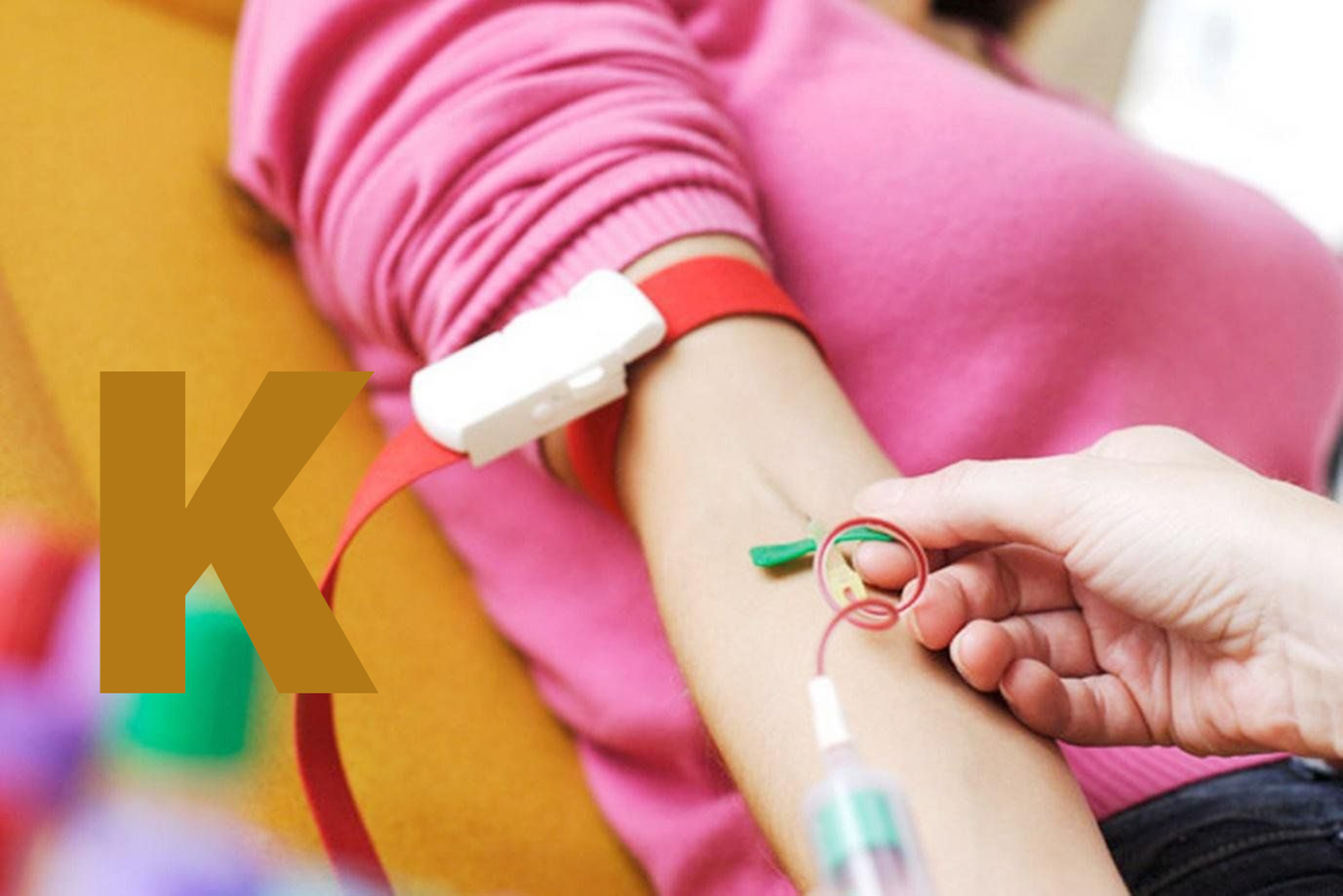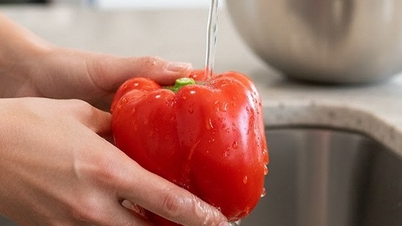Ask:
I went for a routine health check and my blood potassium level was greater than 5mmol/l. Is there anything to worry about, doctor?
Hoai Tran ( Hanoi )

Illustration photo.
Dr. Nguyen Thi Huong, Center for Nephrology, Urology and Dialysis, Bach Mai Hospital answered:
Hyperkalemia is a condition in which the potassium concentration in the blood exceeds 5 mmol/l (while the normal value is from 3.5 - 4.5 mmol/l). This is a common disorder in patients with chronic kidney failure and if not detected and treated promptly, can be life-threatening.
When blood potassium is too high, it will directly affect heart function, can cause arrhythmia and in severe cases, can lead to cardiac arrest.
Symptoms of hyperkalemia are not always clear and can be very vague. Patients often feel tired, have a feeling of paresthesia, palpitations, numbness or muscle weakness. These symptoms are nonspecific, so the correct diagnosis mainly depends on blood electrolyte tests.
Additionally, if hyperkalemia is suspected, the patient should undergo an electrocardiogram, as ECG changes may reflect serum potassium status, although these changes are sometimes disproportionate to serum potassium levels.
When hyperkalemia is detected, the first step is to monitor the electrocardiogram. If there are changes, the patient needs to be hospitalized immediately. Depending on the degree of hyperkalemia and the patient's condition, medical treatment can be given to lower blood potassium, and in severe cases, the patient may need emergency dialysis to control this condition.
Hyperkalemia is mainly caused by two groups of factors: One is due to too much potassium entering the body, two is due to the kidneys not being able to excrete potassium effectively, and it can also be due to potassium moving from inside the cells to outside the cells (for example, muscle destruction).
In patients with kidney failure (acute or chronic), the kidney's ability to excrete potassium is impaired, causing potassium to accumulate in the blood. Therefore, patients with chronic kidney failure need to pay special attention to their diet. Potassium-rich foods such as bananas, oranges, grapefruit, dried fruits, dark green leafy vegetables, or high-energy milk can all increase potassium in the body.
In addition, some medications such as antihypertensive drugs in the group of ACE inhibitors, receptor blockers, potassium-sparing diuretics, beta-blockers, Bactrim, and even some herbal remedies can cause hyperkalemia if not used properly.
Source: https://www.baogiaothong.vn/tang-kali-mau-nguy-hiem-the-nao-192250320233621278.htm





![[Photo] Da Nang: Hundreds of people join hands to clean up a vital tourist route after storm No. 13](https://vphoto.vietnam.vn/thumb/1200x675/vietnam/resource/IMAGE/2025/11/07/1762491638903_image-3-1353-jpg.webp)







































































































Comment (0)